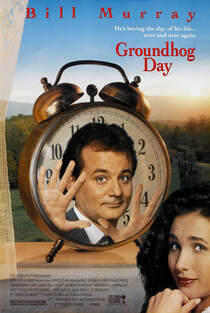
“Let me ask you guys a question. What if there were no tomorrow?”
Time loops. Time vortexes. Time warps… We’re obsessed with the manner
in which time, as a way to measure our existence, functions, malfunctions
or can be manipulated - especially for the purposes of Sci-Fi. Take About Time
for example, a romantic comedy which is primarily concerned with utilising
time travel, to write the (sometimes very embarrassing) wrongs of our lives.
Or The Terminator, in which a cyborg is tasked with changing the future,
by literally killing the past. In either case, each film leads with a what-if
scenario explored to its full, mind-bending potential. Groundhog Day
(the godfather of time-loop movies) is no different in that regard, but it
also manages to transcend the perceived limits of the comedy genre,
in providing us with thought-provoking questions about the very purpose
of humanity’s existence - all within a brisk, 100-minute window.
(Ecclesiastes 2:10-12, GNT)
And yet for Phil, he still seems lost. He carries out every good deed on his time-loop checklist, but still wanders aimlessly through the streets. Is he carrying out these good deeds from a sense of duty? Or because he knows it’s the right thing to do now? It certainly seems that way. For whilst Phil knows exactly what he should do with his life, there is still no driving force behind it. He has no reason to continue doing good, because tomorrow is exactly the same. However, he begins to develop feelings for his producer Rita (Andie MacDowell), who notices that Phil has undergone a transformation, of sorts, when they begin spending time really getting to know each other. Phil’s attraction to Rita soon becomes sincere and he seeks to honour her as best he can, rather than be his cold, cynical self. In truly getting to know Rita, seeing her as a valuable person who has worth, Phil chooses to undergo a transformation of the heart. He no longer does anything out of a sense of duty but serves others because he genuinely has love for them. And that is what ultimately breaks the time loop, sending him back into reality as a changed man.
The Bible teaches that for all of our good works, we can’t do anything to erase the problem of sin in our life and, just like Phil, the dissatisfaction that comes with even dedicating our entire lives to ‘goodness’. No matter what we do, “everyone has (still) sinned and is far away from God's saving presence” (Romans 3:23, GNT). The only way to be truly freed from a place of brokenness then, is to find purpose for our lives and be saved from eternal death. But in order to do that, we have to recognise what Jesus did for us in dying on the cross and rising again, accepting Jesus as our Lord and Saviour - the only One who can save us. For ‘doing good’ on its own is never a solution for the problem of sin (those deliberate choices to ignore God and do wrong in His sight). God doesn’t call us to be ‘good people’, He calls us to be His own - a people who then out of their love for Him, choose to walk in goodness and righteousness as a result of experiencing His love for us, which we will then want to share with others. In turning from our sins and trusting in Jesus’ promise of salvation, we are no longer left chasing after the wind. Rather, we will be liberated from our dark ways of living (set free from our own loop, if you will), and brought into new life with God here, but also in eternal life with Him when we die. For with God, there is always a brighter tomorrow.
Challenge:
- Why not prayerfully invite a friend or family member who doesn’t yet know Jesus, to watch Groundhog Day for themselves? Use the film’s themes to ask them what they thought of the film, if they spotted any links to Christianity and what they might think of the Gospel’s response to this subject.
- If you feel able to, ask them if they’ve ever yearned for something more in life and where they might find true fulfilment. You could then ask them what they think about God’s response to ‘having it all’ would be, and if they're open to hearing it, take an opportunity to share the hope of the Gospel message with them.
Dear Lord, As I watch this film, I ask that you would be present here with me. Highlight to me anything within it that is honourable, anything that can be used in conversation for your Kingdom purposes. Amen.
Groundhog Day is now available to stream on Netflix (UK), or purchase on DVD & Blu-Ray


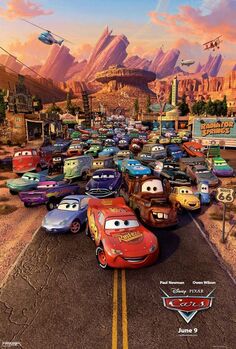


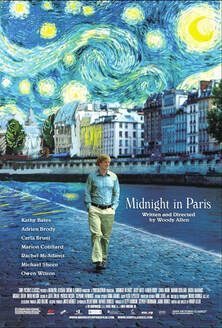
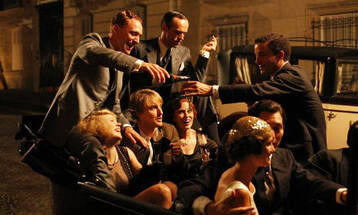

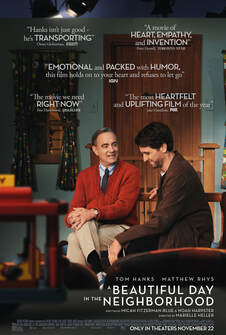

 RSS Feed
RSS Feed